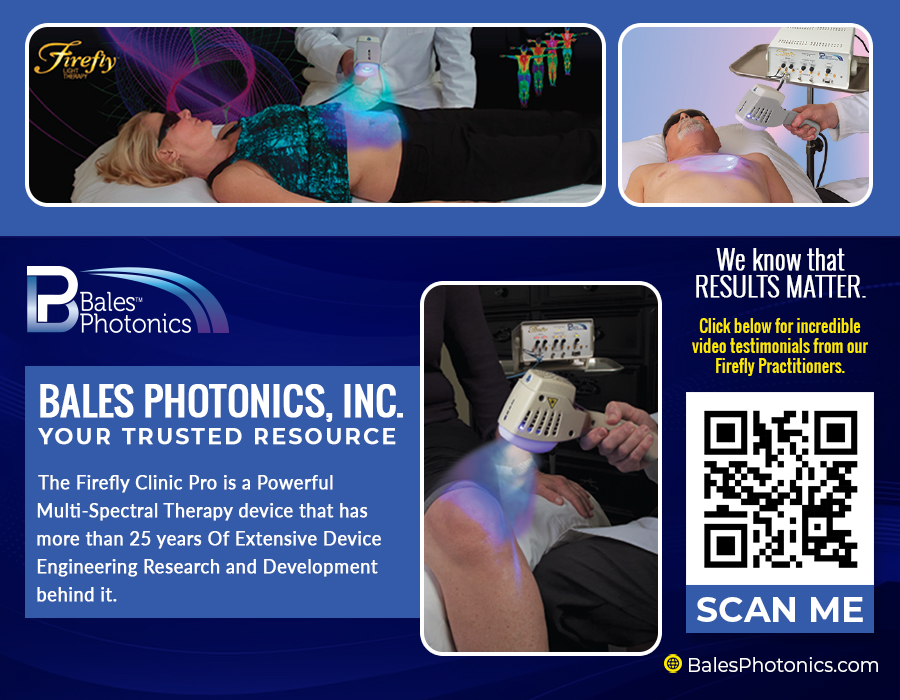Shalini Mehta
I live in India, where healthcare providers fall broadly into two categories. One is by way of government-run hospitals, which are solely run either by the Central Government or by the State Governments. And then there are private hospitals. The Government Hospitals have well-qualified doctors, so the hospitals are loaded to the brim with patients, and they usually do not prescribe medicines that are beyond the pocket reach of the patients, which means mostly generic drugs are prescribed. But every time a patient visits the hospital, he will not necessarily meet the same doctor that started his/her treatment. Access to Government doctors by patients for advice outside hospitals is not permitted. So many people who can afford to pay considerably larger consultation fees opt for going to private hospitals.
The Indian government has been promoting generic drugs so that medicines are affordable to the general population. A generic drug is a pharmaceutical drug that contains the same chemical substance as a drug that was originally protected by chemical patents. Generic drugs are allowed for sale after the patents on the original drugs expire. So, the Government wants, even in the private hospitals, that doctors should prescribe generic drugs first. Because of close financial connections between doctors and pharma companies, this has not been happening.
Over the last decade, there has been an ever-increasing trend of doctors, in private hospitals, to put patients through a long list of unnecessary lab tests and the prescription of costly drugs. This nexus between doctors, pharma companies and chemists (pharmacists) has been growing out of proportion. As a result, the patients remain at the receiving end – the paying end – increasing the expenditure on healthcare by the general public exponentially.
Finally the National Medical Commission of the Government of India clamped down the pharma-doctor relationship by recently issuing legal notification ( https://www.nmc.org.in/rules-regulations/national-medical-commission-registered-medical-practitioner-professional-conduct-regulations-2023-reg/ ) on 3rd August, 2023, which clearly states the following:
- Registered Medical Practitioners (licenced physicians; RMP) now have to prescribe generic medicines mandatorily instead of brand names. In this decision it clearly states that practitioners shall “Prescribe drugs with “generic”/”non-proprietary”/”pharmacological” names only. In the case of drugs with a narrow therapeutic index, biosimilars, and similar other exceptional cases, this practice can be relaxed.”
- Physicians may not speak on subjects beyond their area of expertise on social media.
- Doctors cannot attend seminars or workshops with direct or indirect funding from pharmaceutical companies.
- Furrthermore: “A physician shall not directly or indirectly participate in any act of division, transfer, assignment, subordination, rebating, splitting, or refunding of any fee for diagnostic, scanning, medical, surgical, or other treatment. These provisions shall apply with equal force to the referring, recommending, or procuring by a RMP of any patient, specimen, or material for diagnostic purposes or other studies/work. However, nothing in this section shall prohibit payment of salaries by a qualified RMP to another duly qualified person rendering medical care under his/her supervision. RMP shall not use online forums or agents for procuring patients.”
- The Government of India’s ruling makes it unmistakably clear that “The RMP cannot endorse a product or person, as in individual capacity or company. RMPs and their families must not receive any gifts, travel facilities, hospitality, cash or monetary grants, consultancy fee or honorariums, or access to entertainment or recreation from pharmaceutical companies or their representatives, commercial healthcare establishments, medical device companies, or corporate hospitals under any pretext.”
The maximum action is a suspension of the license to practice for a period ranging from 3 months to 3 years.
I have had two relevant experiences, once with a government doctor and another with a private doctor. When I went for consultation for my condition, the doctor first asked me to get an MRI done from a specific scanning centre, stating that particular scan was only available there. Both times the doctors wrote on a plain paper their recommendation for discount for me as their patient, yet even after the discount the cost was exorbitant. So, the above rulings will help break interconnections among doctors and diagnostic centres.
I believe this will have a positive effect on the costs related to healthcare in India because in recent times it has been literally running to the tune of Pharma companies. It is all too well known how to such a great extent pharmaceutical companies have come to virtually run medicine in America. We were worried when we could see that was also repeating in India. With this enactment of these important National Medical Commission regulations, I believe there will be some relief for the general public with this first positive step.
This article was originally printed on August 30, 2023, by the Orthomolecular Medicine News Service; the OMNS free subscription link is http://orthomolecular.org/subscribe.html and the OMNS archive link is http://orthomolecular.org/resources/omns/index.shtml.
Published January 13, 2024
About the Author
Shalini Mehta shalinimehta36@gmail.com is a postgraduate in business administration in Panchkula, Haryana. Some years ago, she began looking for permanent solutions to the health issues she and her family faced. She discovered orthomolecular medicine by attending webinars, reading books, and talking to many integrative medicine practitioners. By introducing nutrition protocols and exercise regimens, her health and the health of her family greatly improved.

